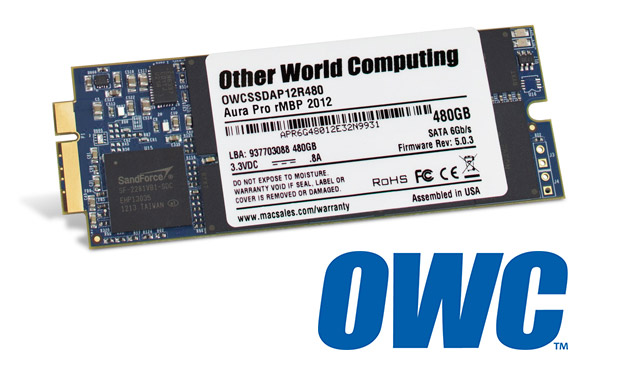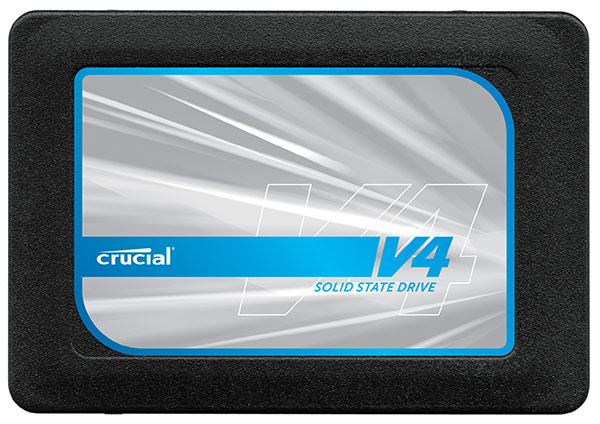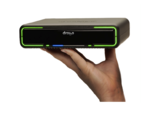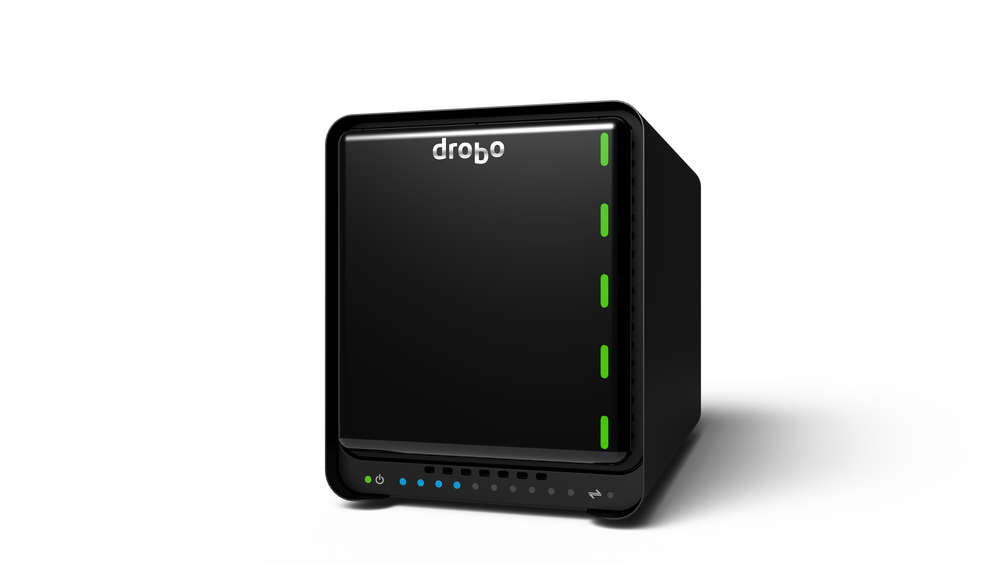Western Digital (NASDAQ:WDC) company, and world leader in storage solutions, today introduced the new, redesigned My Passport® Ultra portable hard drives and My Passport for Mac drives. With the My Passport line now in its 7th generation, the My Passport Ultra and My Passport for Mac portable hard drives are now available in capacities up to 3 TB and in four stylish colours - Classic Black, Brilliant White, Wild Berry and Noble Blue. WD is also introducing a new optional accessory – WD Grip Pack – a soft band, available in a variety of colours, which encircles the drive, offering consumers an easy way to personalise their My Passport drives.
“With more photos being taken than ever before, it’s critical to have a high capacity, reliable external storage solution that you can carry everywhere,” said Tony Tate, general manager and vice president of Content Storage Solutions at WD. “The latest generation My Passport drives deliver an easier automatic back-up experience, hardware-based encryption for security and higher capacities than ever before. Consumers can keep all their content in their pockets, while expressing their personal styles with the colours and WD Grip Pack.”
My Passport Ultra portable drives come in 3 TB, 2 TB, 1 TB and 500 GB capacities and feature 256-bit AES hardware encryption – delivering a high level of security with no impact to write-speed or CPU activity. If your My Passport Ultra falls into the wrong hands, the 256-bit AES hardware encryption protects users’ files, folders, photos, videos and music with a password known only to them. USB 3.0 compatibility provides fast data transfer rates of up to 5 gigabits per second, while being backwardly compatible with USB 2.0. My Passport for Mac portable drives are available in capacities of 3 TB, 2 TB, 1 TB and also feature 256-bit AES hardware encryption with USB 3.0 connectivity.
Sold separately, the WD Grip Pack accessory for My Passport Ultra is available in five colours (smoke, slate, grape, sky and fuchsia) and, when wrapped around one of the four colours of My Passport Ultra drives, enables consumers to create a total of twenty possible colour combinations. The WD Grip Pack comes with a colour-matched 18-inch flat USB 3.0 cable, creating a stylish complete solution.
My Passport Ultra’s built-in WD Backup software is a simple-to-use application with focus on reducing frustration when setting up a backup plan to preserve data. Since 31% of devices have had malware at some point, having your data safely backed up onto a secondary device like a My Passport drive is critical to preserving precious data.
Pricing and Availability
My Passport Ultra and My Passport for Mac portable drives are available today in the WD store at wdstore.co.uk and at select retailers, including Amazon (My Passport Ultra: http://www.amazon.com/dp/B00W8XXRPM, My Passport Ultra for Mac: http://www.amazon.com/dp/B00WJOVDYM) and distributors. My Passport Ultra and My Passport for Mac have a Manufacturer’s Suggest Retail Price (MSRP) ranging from £59.99 up to £159.00 depending on capacity (3 TB capacity available next month). Both the My Passport Ultra and My Passport for Mac will offer a 3-year limited warranty. Terms and conditions of WD’s limited warranty may be found at support.wdc.com/warranty. WD Grip Pack accessories will be available in June and will have an MSRP of £9.99.
1. 3 TB will be available next month
2. Colours only available on the My Passport Ultra
3. Password must be set in order to use encryption.













